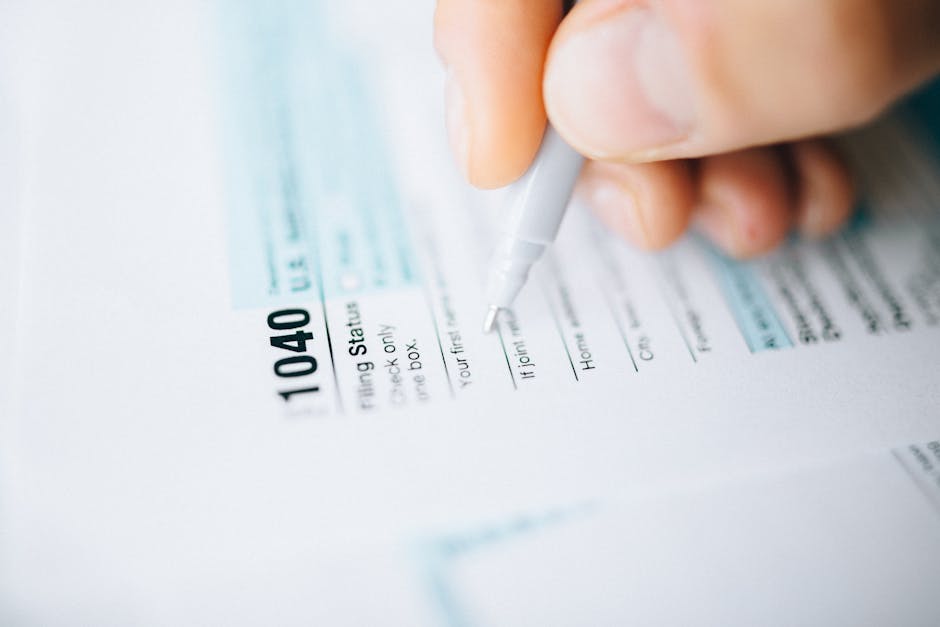Historically, due process emerged as a reaction against arbitrary governmental power. Ancient civilizations, while lacking codified constitutions, recognized the inherent unfairness of unchecked authority. The Magna Carta, a landmark document in English history, contains early expressions of the principle, limiting the King’s ability to seize property or imprison individuals without proper legal recourse. This early articulation laid the groundwork for the later development of due process clauses in numerous constitutions, including the Fifth and Fourteenth Amendments to the United States Constitution. These clauses, while phrased differently, convey the same essential guarantee: that the government cannot deprive any person of life, liberty, or property without the application of fair procedures.
The significance of due process is multifaceted. First, it acts as a crucial safeguard against arbitrary government action. Without due process, the state could act capriciously, punishing individuals without explanation or opportunity for defense. This unchecked power invites abuses, silencing dissent, and suppressing minority viewpoints. The procedural safeguards embedded within due process such as the right to notice, the right to a hearing, and the right to counsel ensure that the government’s actions are reasoned, transparent, and subject to scrutiny. This transparency not only protects individual rights but also enhances public trust in governmental institutions. A government that operates fairly and consistently, adhering to established procedures, fosters greater stability and legitimacy.
Second, due process fosters accuracy in legal proceedings. The various procedural safeguards contribute to a more accurate determination of guilt or liability. The right to confront witnesses, the right to present evidence, and the right to a fair and impartial tribunal all contribute to a system that strives for objective truth. Errors, of course, can still occur, but due process minimizes the likelihood of miscarriages of justice caused by arbitrary or biased procedures. A system that prioritizes accuracy in its legal processes better serves its purpose of maintaining order and resolving disputes justly.
Third, due process is intrinsically linked to the concept of individual autonomy. The protection afforded by due process is not merely about preventing arbitrary punishment; it is about recognizing and respecting individual dignity and self-determination. The right to be heard, the right to present one’s case, and the right to challenge governmental actions are all essential aspects of individual autonomy. These rights affirm the inherent worth of each person and acknowledge their right to participate in decisions that affect their lives. Denying these rights undermines not only individual autonomy but also the very principles upon which a just and democratic society is built.
However, the application of due process is not without its complexities. The precise meaning of “due process” is not always clear-cut, and courts have struggled to define its boundaries in various contexts. The Supreme Court of the United States, for example, has employed a flexible approach, differentiating between “procedural” and “substantive” due process. Procedural due process focuses on the fairness of the procedures used by the government, while substantive due process protects fundamental rights from government interference, even if the procedures are technically proper. This distinction underscores the ongoing evolution of due process law in adapting to changing societal norms and technological advancements.
Furthermore, the scope of due process can vary depending on the context. The level of procedural protection afforded to an individual may differ depending on the nature of the government action, the interest at stake, and the individual’s circumstances. For instance, the level of due process required in a civil case might differ from that required in a criminal prosecution. This contextual application often necessitates careful balancing of individual rights with the interests of society as a whole. Such balancing acts often require delicate judicial interpretation, weighing competing rights and societal needs.
Despite its complexities, the fundamental nature of due process remains undeniable. Its core value lies in its ability to temper the potentially overwhelming power of the state, ensuring fairness and equity in the administration of justice. This enduring significance is reflected in the continued importance placed upon due process in legal systems worldwide. Protecting this fundamental right is not merely a matter of legal technicality; it is a matter of preserving the very essence of individual liberty, promoting justice, and maintaining the legitimacy of governmental authority. Its evolution and application will continue to be central to legal discourse and judicial practice as societies grapple with new challenges and seek to uphold the ideal of a just and equitable system. The ongoing debate and refinement of its application demonstrate its continuing relevance and its enduring status as a cornerstone of human rights.
